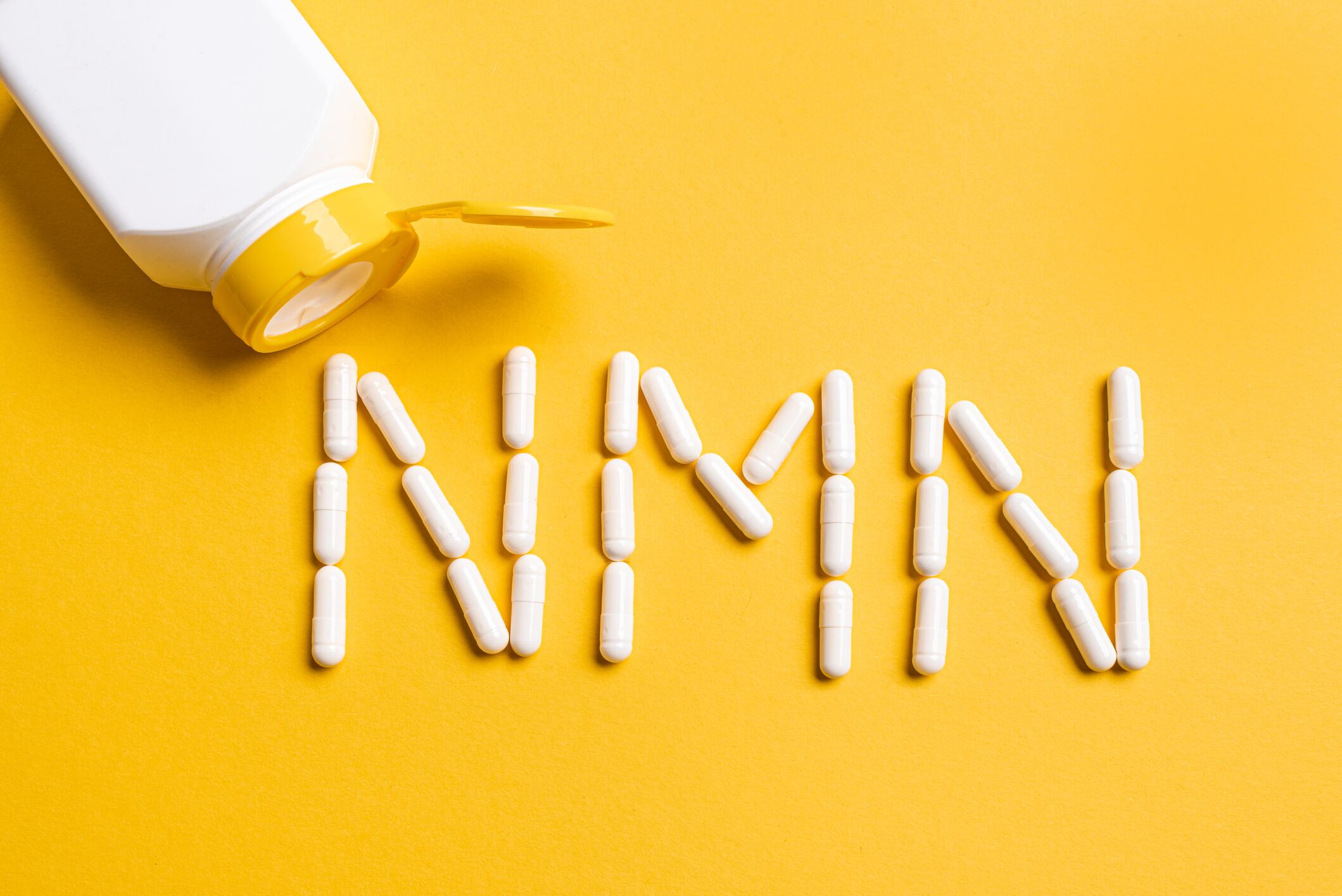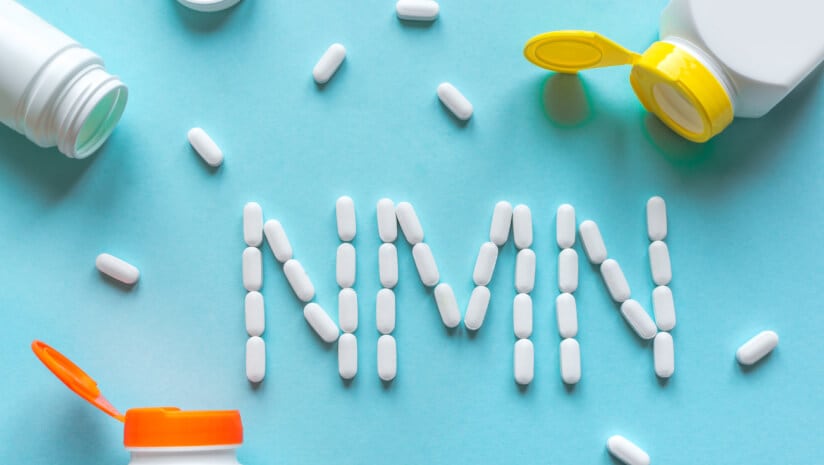In a letter signed by Donald Prater, DVM, principal deputy director for human foods, the FDA stated that it had revised its interpretation of the race-to-market clause (that an ingredient that is first a drug cannot then become a dietary ingredient).
“We now conclude that NMN is not excluded from the definition of dietary supplement under section 201(ff)(3)(B). Specifically, although NMN was authorized for investigation as a new drug, and substantial clinical investigations of NMN have been instituted and made public, NMN was marketed as a dietary supplement in the United States before such authorization,” the agency stated in the letter, noting that it is aware of evidence that the ingredient was marketed as a dietary supplement in the U.S. as early as 2017.
The FDA added that its prior position—that a dietary supplement or food must have been lawfully marketed before the approval of a new drug—was not the “best reading” of the statute. The agency announced it would no longer evaluate whether the dietary supplement or food was lawfully marketed when determining its status under the race-to-market framework. However, the FDA stated that this marketing (whether legal or not) must have occurred in the United States.
Daniel Fabricant, PhD, president and CEO of NPA, welcomed the decision, stating: “FDA’s decision today confirms NMN is lawful in supplements, and we now call on e-commerce platforms to immediately restore NMN products to the market. We will continue pressing Congress, the courts and the administration until FDA stops abusing the drug preclusion clause once and for all.”
Rob Verkerk, PhD, ANH executive & scientific director, told NutraIngredients: “The FDA’s confirmation that NMN is not excluded from the definition of a dietary supplement represents a landmark victory for consumer choice and natural health.
“Together with the Natural Products Association, our petition has ensured that Americans will continue to have access to this important nutrient that supports healthy aging. This decision is not only a win for transparency and fairness, but also for the long-term health and wellbeing of the American people.”
DSHEA
The Dietary Supplement Health and Education Act (DSHEA) of 1994 establishes that the term dietary supplement does not include “an article authorized for investigation as a new drug, antibiotic, or biological for which substantial clinical investigations have been instituted and for which the existence of such investigations has been made public”.
The NMN timeline
NMN (beta-nicotinamide mononucleotide) is one of the forms of vitamin B3, or niacin, that has been shown to enhance the levels of nicotinamide adenine dinucleotide (NAD+) in the cells of the body. Boosting these levels has in turn demonstrated significant benefits in staving off cellular aging.
FDA announced in November 2022 that NMN is not allowed as a dietary ingredient because of its prior investigation as a drug. The agency reportedly made this determination after having been made aware of recent drug studies on the ingredient. For more information, please view NDIN 1247.
NPA joined with ANH to file a citizen petition on March 7, 2023, requesting that the FDA determine that NMN is not excluded from the definition of a dietary supplement or commit to exercise enforcement discretion regarding the sale of NMN as a supplement.
FDA stated in September 2023 that it had been unable to reach a decision on the requests made in a citizen petition about NMN due to “competing agency priorities.”
In August 2024, NPA filed a lawsuit against the agency, but the association and the U.S. Department of Justice (DOJ) then came together to seek a temporary break in the battle over NMN. As first reported by NutraIngredients on Oct. 30, U.S. District Judge Paul L. Friedman granted the stay of legal proceedings to allow FDA to evaluate the NMN citizen petition.
That stay was accompanied by FDA instigating a period of enforcement discretion related to the sale and distribution of NMN-containing products that are labeled as dietary supplements.
The FDA response now closes the chapter on NMN, stating clearly that the ingredient is legal for use in dietary supplements. Questions still remain about the wider race-to-market clause however.
CRN: FDA missed a pivotal opportunity
The Council for Responsible Nutrition (CRN), which had filed a separate Citizen Petition in May 2023 focused on the wider drug preclusion/ race-to-market provision, also received a response from FDA that it said “fails to address the core structural problems that sparked the NMN confusion to begin with.’
“FDA missed a pivotal opportunity to bring clarity and balance to the line between pharmaceuticals and dietary supplements,” said Steve Mister, president and CEO at CRN. “At every juncture where FDA had the opportunity to choose between two interpretations of the statute, it chose one that favors pharmaceutical development over supplements. Consumer access to affordable and accessible healthcare products will be stymied as a result.”
CRN stated that FDA has reaffirmed a “secretive preclusion date.” The response to the NPA-ANH petition states: “the relevant date for purposes of the race-to-market clause […] is the date the article in question was authorized for investigation as a new drug, antibiotic or biological. The relevant date is not the date that substantial clinical investigations were instituted or the date that the existence of such investigations was made public.” CRN argues that this fuels uncertainty for supplement innovators.
According to CRN, the FDA response also appears to broaden ‘substantial clinical investigations’ by stating that early-phase or limited studies can confer drug companies with protection if the agency deems them qualitatively important for drug development.
“[E]ach article and study purpose present a unique set of circumstances, and thus, we evaluate each exclusion determination on a case-by-case basis,” FDA stated.
Megan Olsen, senior vice president and general counsel at CRN, said FDA’s reliance on non-public IND dates and an expansive view of ‘substantial clinical investigations’ creates a moving target that dietary supplement businesses cannot reliably plan around.
“Yes, NMN can be marketed today, but the same unstable framework remains in place for the next ingredient, inviting repeat uncertainty,” she said.





